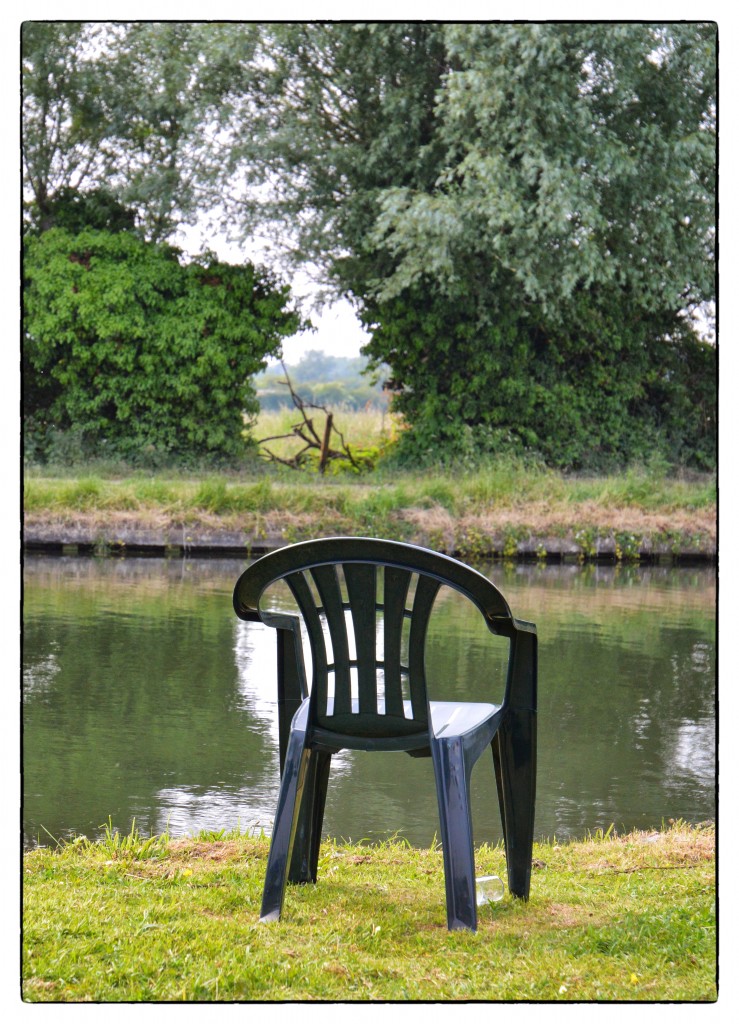This is the best, most succinct, answer to this question that I’ve some across so far. It’s by the Stanford economist, Susan Athey, and it goes like this:
At its core, the new technology that’s been invented in the last few years is a way to maintain a ledger or spreadsheet that keeps track of who has what. So if there’s an entry in that spreadsheet that says a certain address has 10 bitcoins and you know that address and the password, you can authorize a new entry on the spreadsheet that moves that digital currency to someone else. So Bitcoin is just a big spreadsheet that keeps track of who owns what, and what’s really innovative about it is that, first, it is secure. It uses decentralized maintenance of that spreadsheet, so there are copies all over the world. There’s not just one computer that can be hacked.
Second, the fact that it’s purely electronic means that if the spreadsheet says I have some bitcoins, and I have the key for those bitcoins, I can authorize a movement to someone else simply by entering my security code, which then immediately makes another entry on the spreadsheet and allows someone else to control this thing of value without any banks or companies or other types of middlemen. With just a password, I can almost instantly transfer something of value to someone else, purely digitally and without any promises from companies to honor it. It’s a piece of open-source software.
So digital currencies are a technological innovation for moving value digitally and securely and quickly, just like the internet was a fundamental technology for moving information somewhat securely and quickly.
That’s it. Lovely stuff.

